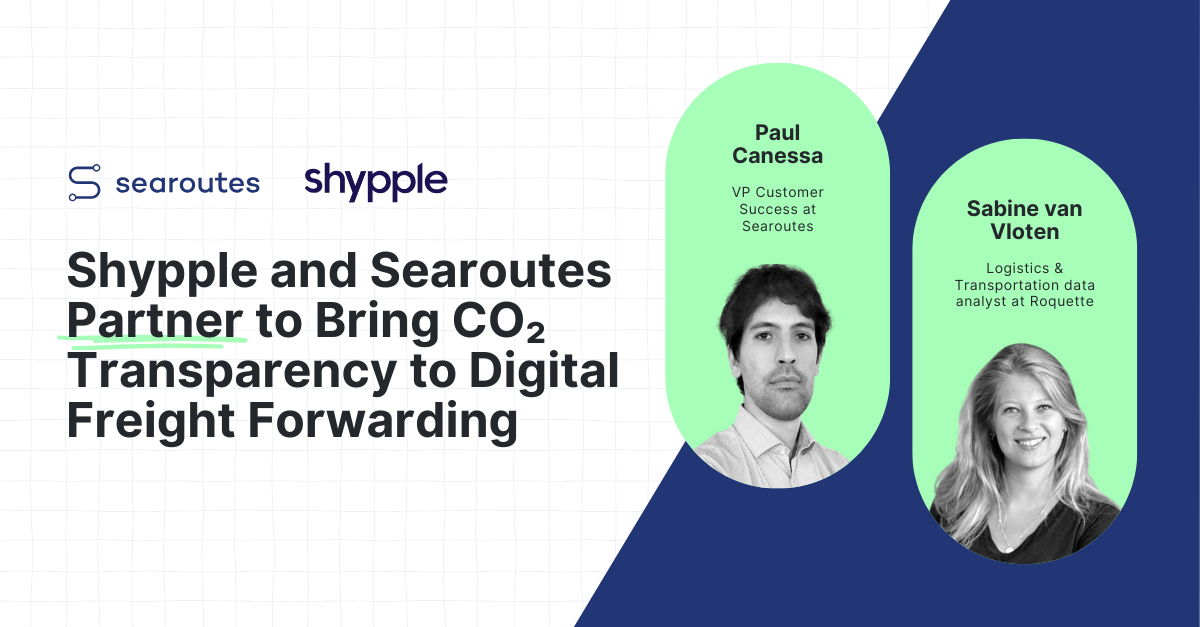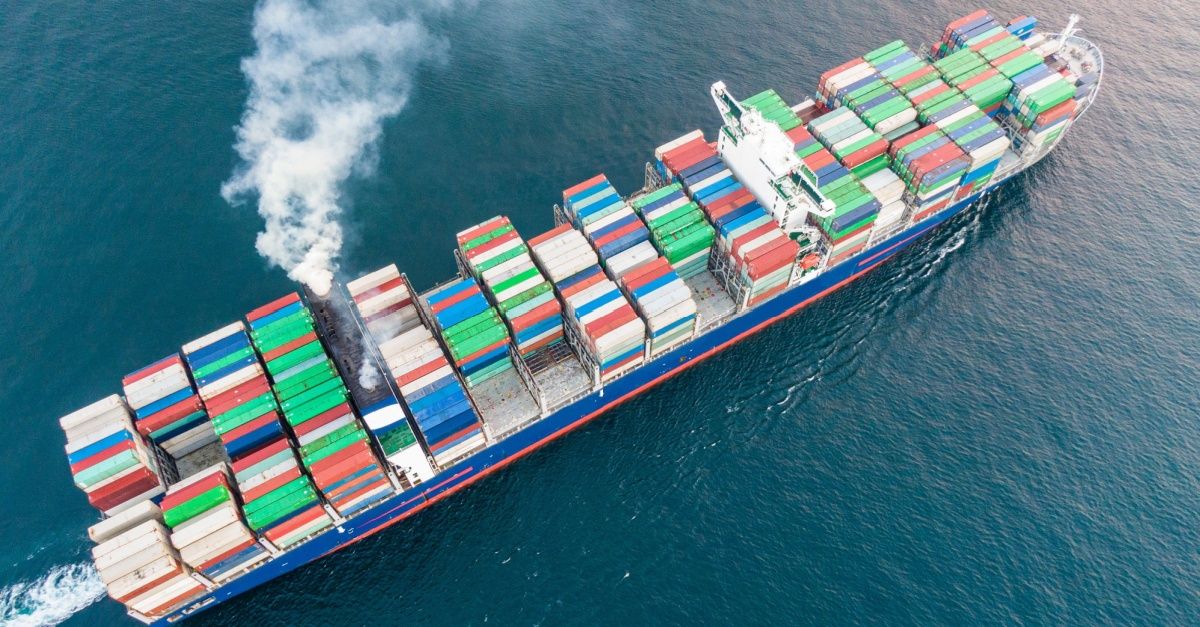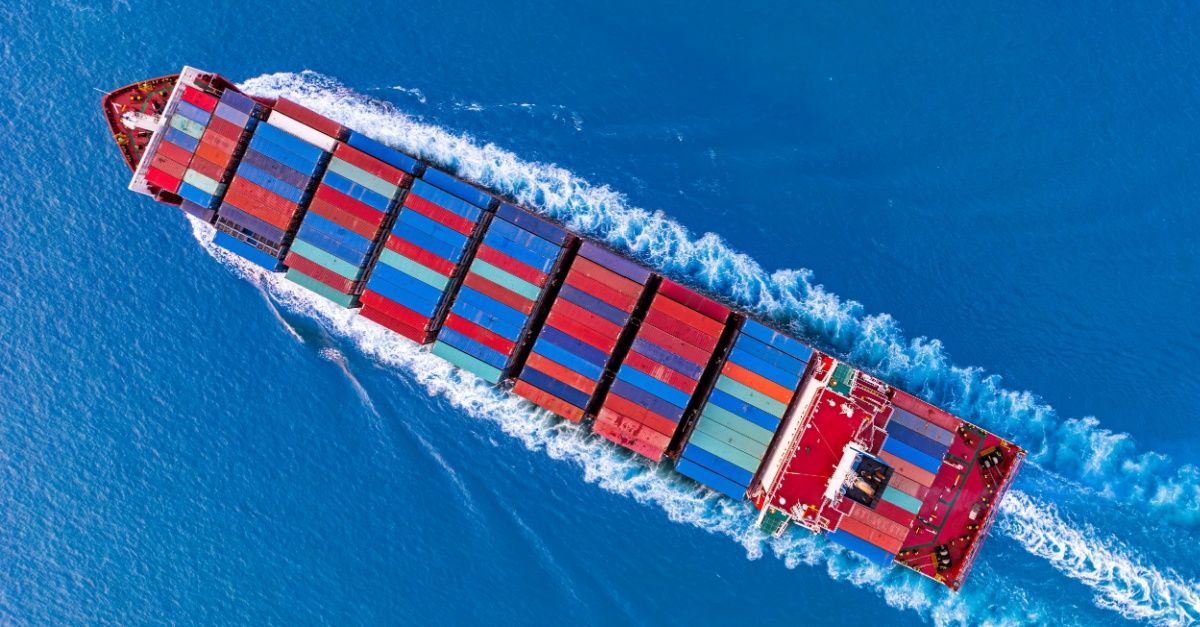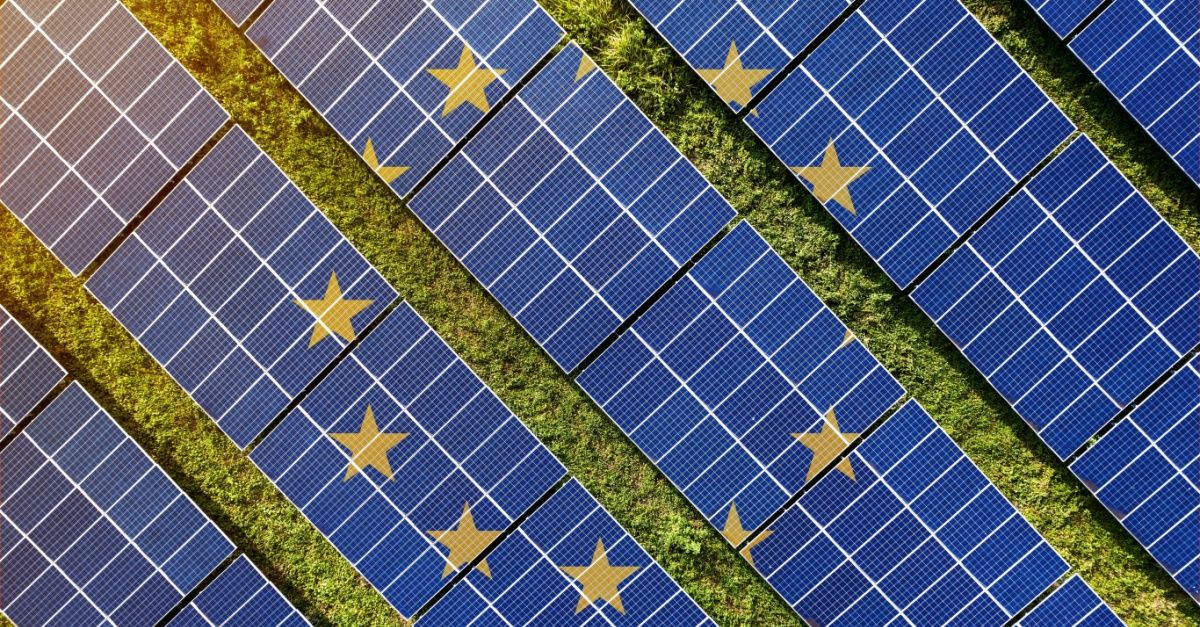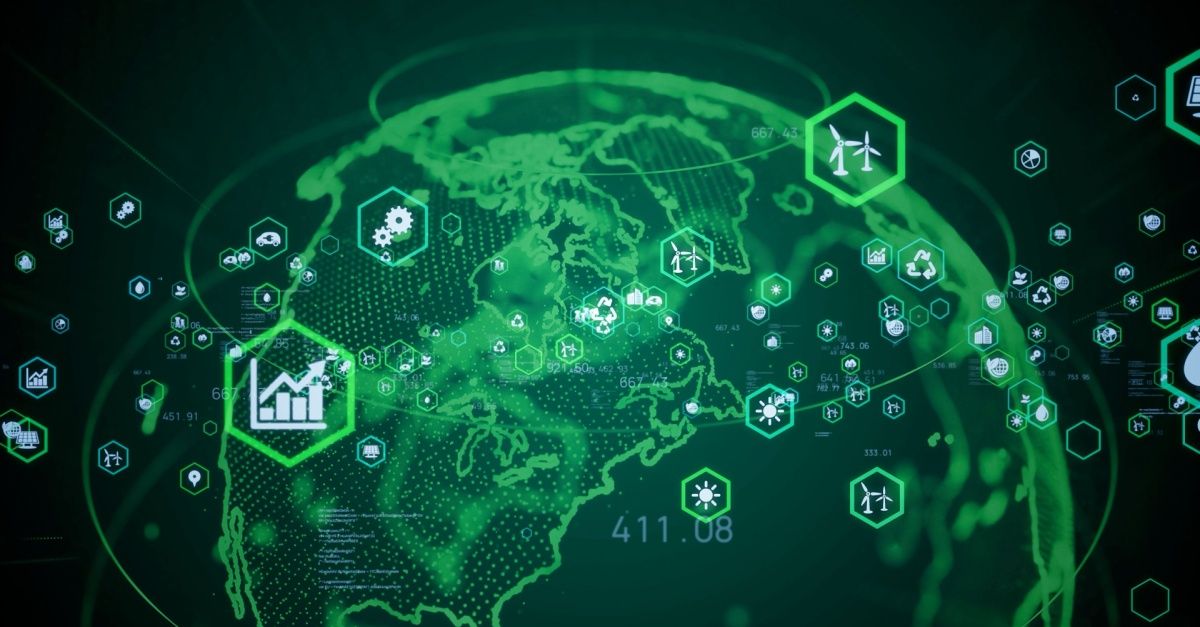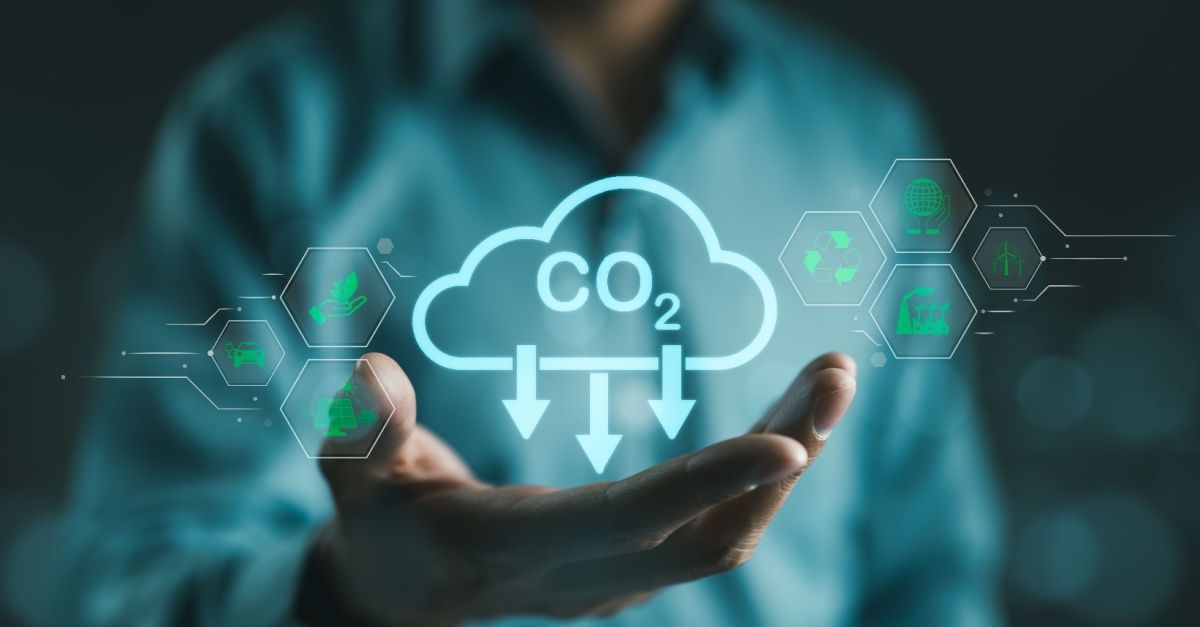Shypple’s partnership with Searoutes demonstrates how fine-tuned, route-level carbon analytics empowers businesses to optimize their operations and meet evolving regulations.
Partner Highlight: How Michelin Leverages Searoutes for Carbon-Conscious Tendering
By integrating Searoutes’ CO2 APIs, Michelin refined its procurement decisions, standardized emissions data, and aligned sustainability efforts with financial strategy.
Maritime Shipping EU ETS Requirement: Looking At Year One
The first year yielded promising signs. Initial compliance among major carriers was high, reflecting serious industry engagement. Many companies, especially those already disclosing emissions for ESG purposes, found the MRV framework familiar and manageable.
How the Maritime Industry Can Deliver on Net Zero 2050 Promises
Achieving net zero hinges on replacing fossil fuels with zero-carbon alternatives like green ammonia, hydrogen, and methanol. However, the maritime sector currently faces a major hurdle: the availability of these fuels at scale.
Understanding the EU Omnibus Changes: Beyond the Headlines
Searoutes goes beyond the headlines to break down the real implications of the Omnibus Package—focusing on what matters most for organizations navigating EU regulations like the EU Taxonomy, CSRD, CSDDD, and CBAM.
Carbon Accounting in 2025: As Political Tides Shift, What Do Shippers Need to Know?
With the return of the Trump administration, 2025 has ushered in a rollback of several key federal climate policies, many of which directly impact the logistics and freight sectors.
What is the Role of Carbon Accounting in Supply Chain Decarbonization?
In this unpredictable transportation environment, carbon accounting provides shippers with much needed clarity in their scope 3 emissions output, as emissions are often opaque and poorly measured.
Carbon Accounting in 2025: Problem and Solution
For companies to track how they’re meeting their sustainability targets and coming into compliance with GHG emissions regulations, adopting a strong carbon accounting regimen is critical.
Stopping Emissions At the Source: Three Strategies to Mitigate Carbon Emissions in the Supply Chain
Mitigating carbon emissions in the supply chain starts with actionable steps, focusing on accounting, optimization, and visibility.
Carbon Accounting: The Basics and Beyond
Effective carbon accounting is crucial for improving operational efficiency, ensuring regulatory compliance, and enhancing brand reputation. Searoutes helps companies streamline this process by offering advanced data analytics, seamless API integration, and real-time emissions...
